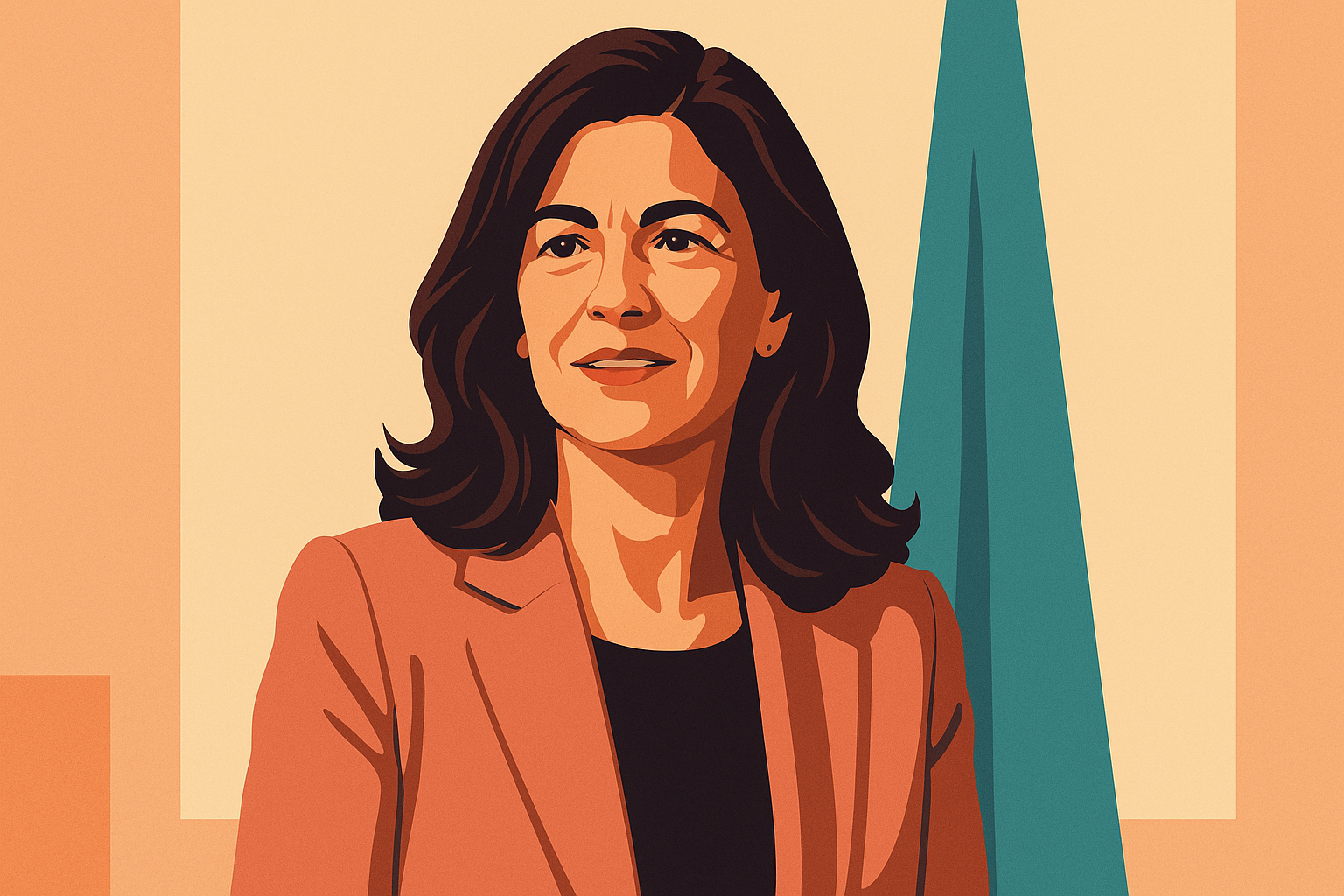Miriam González Durántez — trade lawyer, activist, and wife of former UK deputy prime minister Nick Clegg — is preparing to launch a new political party in Spain, aiming to challenge what she calls entrenched corruption and complacency in the country’s political system.
In an interview with the Financial Times, González warned that Spain risks “losing a generation” of young people who have grown disillusioned not just with politicians but with democracy itself. “I’m tired of people who believe in democracy and the rule of law just sitting here with an expression of horror,” she said. “We have to work at it — that implies risk.”
A Reform Movement Born of Frustration
Having spent the last 18 months traveling across Spain speaking with citizens, González said she encountered widespread anger over political graft and public mismanagement — from flood responses in Valencia to perceived inaction by the European Commission. Her planned party, she said, would seek to “clean up” Spanish politics, particularly amid growing discontent surrounding Prime Minister Pedro Sánchez’s government and corruption allegations involving his close associates, including his wife, Begoña Gómez. All deny wrongdoing.
Her movement follows the 2023 collapse of the centrist Ciudadanos party, which once attracted voters disillusioned with the main political blocs — the Socialist Party (PSOE) and the conservative People’s Party (PP). González said she hopes to reclaim that centre ground while countering the rise of the far-right Vox party.
Independence from Clegg and Meta Influence
Although her husband is now a senior executive at Meta, González emphasized that her initiative is independent. “If the question is ‘are you setting up a political party with your family’s money?’ the answer is no,” she said, noting that the couple has always maintained “a big Chinese wall” between their professional work. Under Spanish law, parties can receive private donations capped at €50,000 per person annually, alongside state funding tied to parliamentary representation.
Tackling Structural Corruption
González identified two core problems undermining Spain’s democracy: the illegal financing of parties through public contracts and rampant nepotism. Both, she argued, stem from weaknesses in the system established after Francisco Franco’s dictatorship. “Pedro Sánchez should blame himself for not putting rules in place to manage conflicts of interest,” she said, contrasting Spain’s system with the UK’s stronger ethics mechanisms.
Her anti-corruption stance follows her earlier civic initiative, España Mejor (“Better Spain”), which advocates policy reform in education, governance, and transparency. After little response from major parties, she decided to pursue “plan B” — building a movement capable of real political pressure.
Between Two Worlds
A trade lawyer with an international career, González spent several years in California when Clegg joined Facebook, drawing inspiration from Silicon Valley’s forward-looking culture. She now wants to apply that same “relentless focus on the future” to Spain’s stagnant political landscape.
Despite her public profile in the UK, González remains relatively unknown in Spain — a challenge observers say could hinder her ambitions. Still, she is raising her visibility through interviews and social media, presenting herself as an independent reformist voice untainted by the political establishment.
Reflecting on her experiences in Britain, she criticized the UK tabloids for portraying her primarily as “Clegg’s wife.” She recalled being told that her value lay in “who you are married to,” to which she responded, “The world is changing, and you’re on the wrong side of it.”
Her message to Spain’s political class is equally blunt: complacency is no longer an option. “It cannot happen if we are all thinking, ‘What if I fail?’” she said. “You just have to try.”








